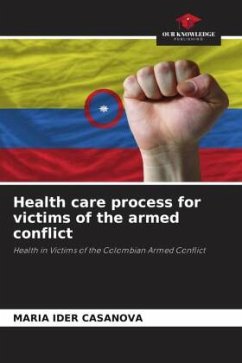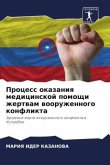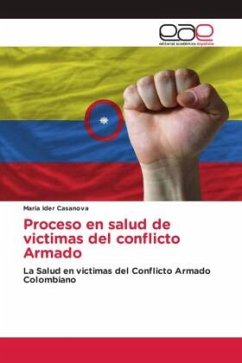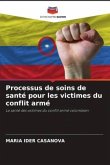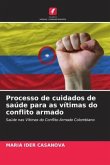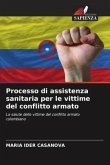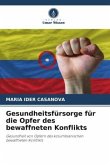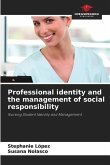OBJECTIVE: To interpret the meaning of health care in a group of victims of the armed conflict assisted in the municipality of Pasto (Nariño). METHODOLOGY: Qualitative research conducted with 30 victims of the armed conflict and 17 professionals of the Network of attention to victims. Life histories and semi-structured interviews on health care, satisfaction with such care, knowledge of the comprehensive health care routes and psychosocial care were used. RESULTS: The meaning of health care is framed in a bio-medical perspective in terms of access to medical consultation, diagnosis and treatment; they are unaware of the comprehensive and psychosocial care routes and the way to access the rights that are materialized in these. They identify institutional and individual limitations for access to health services.
Bitte wählen Sie Ihr Anliegen aus.
Rechnungen
Retourenschein anfordern
Bestellstatus
Storno

